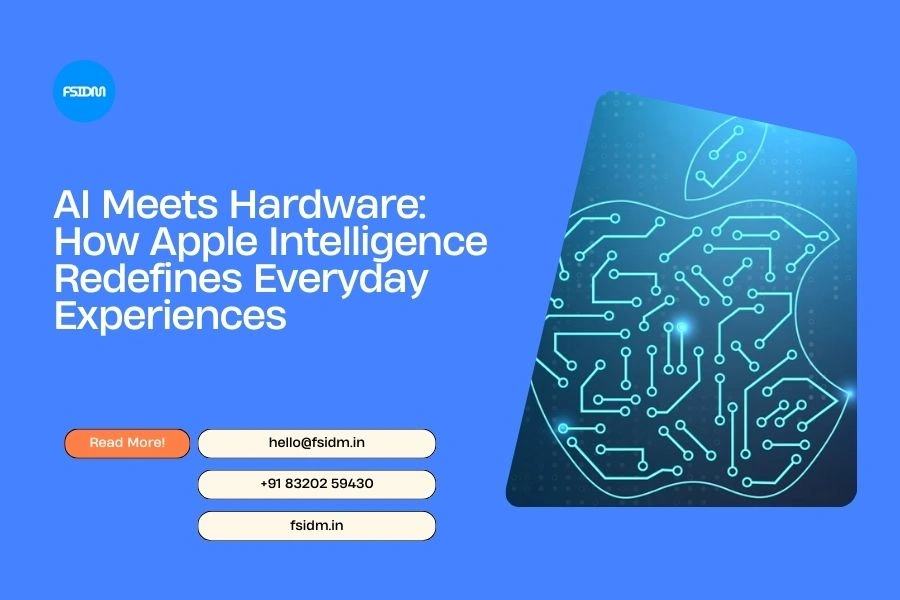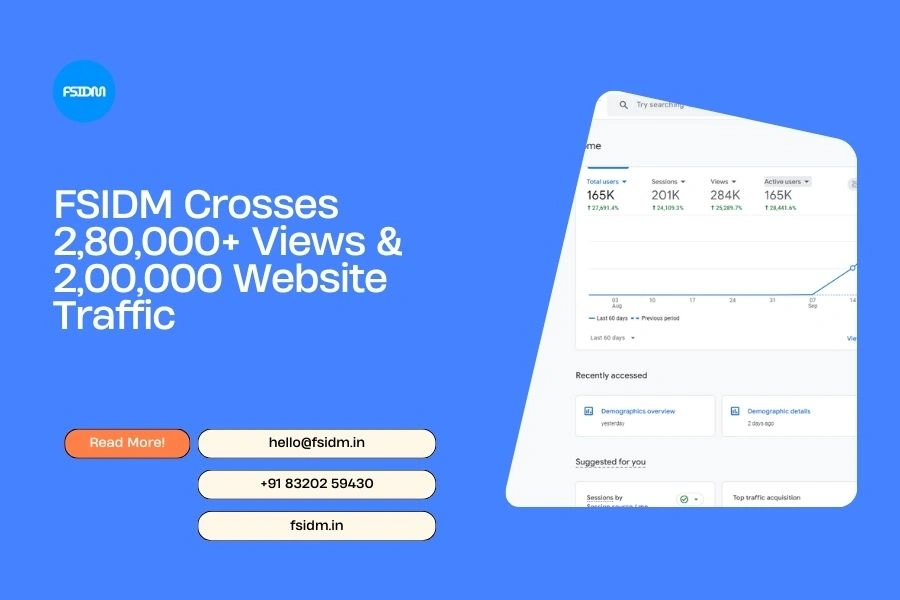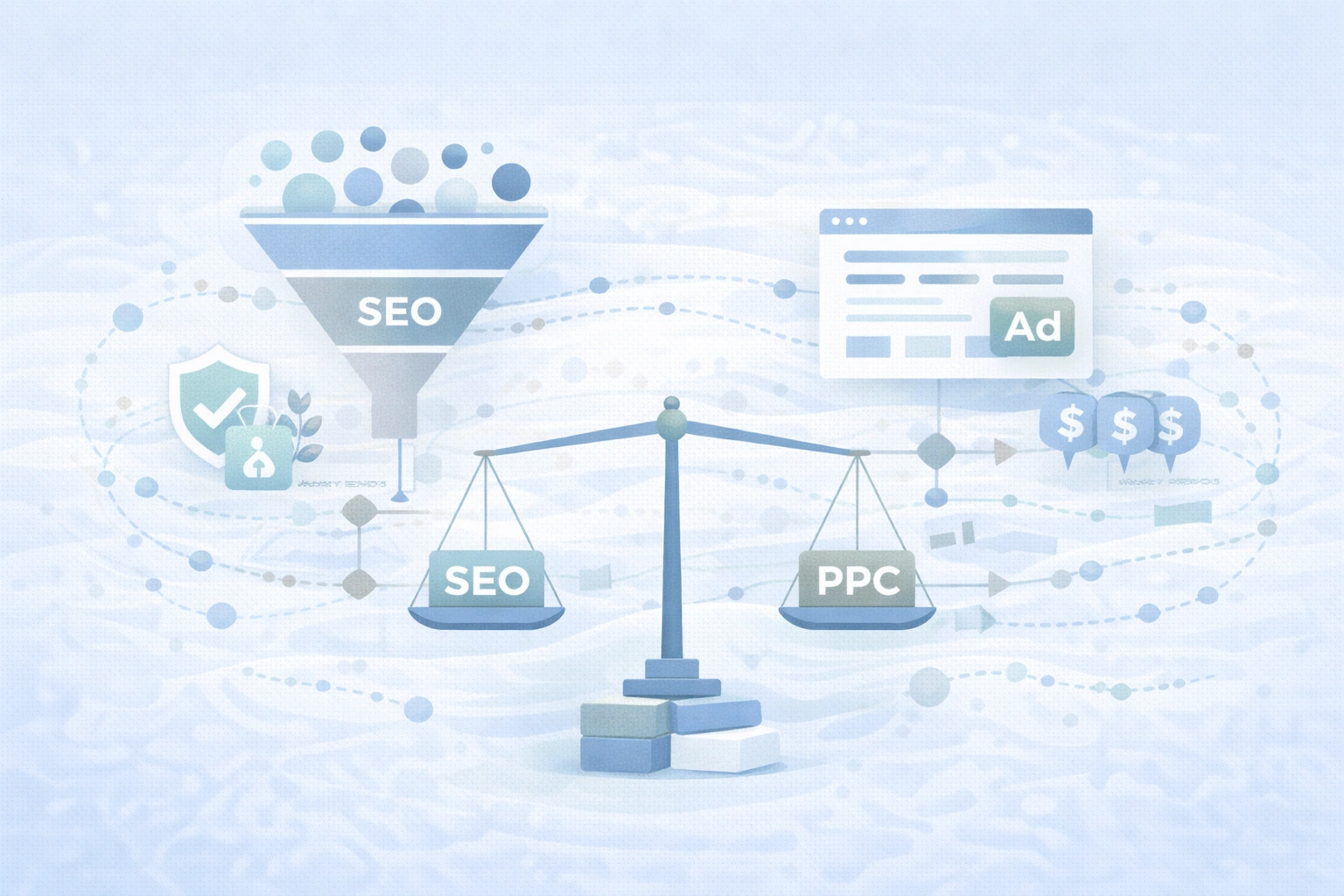Artificial Intelligence has been the buzzword of the last few years. But at the 2025 Apple Event, Apple reframed the conversation. Instead of chasing hype, Apple showed us how AI can quietly live inside the products we use every day.
From AirPods Pro 3 to Apple Watch Series 11 and the new iPhone 17 lineup, Apple Intelligence (their in-house AI system) is shaping a future where personalization, privacy, and practicality walk hand in hand.
1. AirPods: Conversation Without Barriers
Apple Intelligence turned AirPods Pro 3 into more than just headphones.
- Live translation lets you speak and listen across languages in real time.
- AI-powered noise management lowers background sound when someone talks to you.
- New fitness tracking integrates seamlessly with your workouts.
For the user, it feels magical. For marketers, it’s a reminder that AI’s power isn’t in complexity — it’s in removing friction from daily life.
2. Apple Watch: Health Insights That Save Lives
AI on the Apple Watch isn’t about chatbots or flashy features. It’s about health.
- Hypertension notifications use AI-driven algorithms to detect risks before symptoms show.
- Sleep Score uses millions of nights of data to guide better rest.
- On-device analysis ensures sensitive health information stays private.
Here, AI becomes a health companion — always on your wrist, always watching out for you.
3. iPhone: Personalization at Scale
The new iPhone 17 and iPhone AR push AI even further.
- Visual Intelligence: instantly analyze what’s on your screen and take action.
- Center Stage camera with AI framing: adapts to your selfies and video calls automatically.
- On-device generative AI: powered by the A19 chip, delivering personalization without sending your data to the cloud.
The focus isn’t just power. It’s privacy-first personalization — a stance that sets Apple apart in an industry where data misuse has become a concern.
4. Why This Matters for Businesses
For brands, Apple’s AI strategy is worth studying:
- AI as invisible value → Instead of overwhelming users with “AI branding,” Apple makes AI feel natural, woven into daily tasks.
- Privacy as a trust factor → By keeping AI mostly on-device, Apple appeals to users who value security.
- Personalization as a baseline → The bar is higher now. Customers will expect tech (and marketing) to adapt to them, not the other way around.
For marketers and business leaders, the lesson is clear: don’t sell AI as a feature. Sell what it enables — ease, connection, and trust.
Final Word
Apple Intelligence is not about chasing AI trends. It’s about reshaping everyday experiences. From translating conversations to protecting health, to personalizing iPhone use, Apple has shown us what AI looks like when it’s done right: human, private, and practical.
And for businesses, that’s the future we should all be designing toward.









